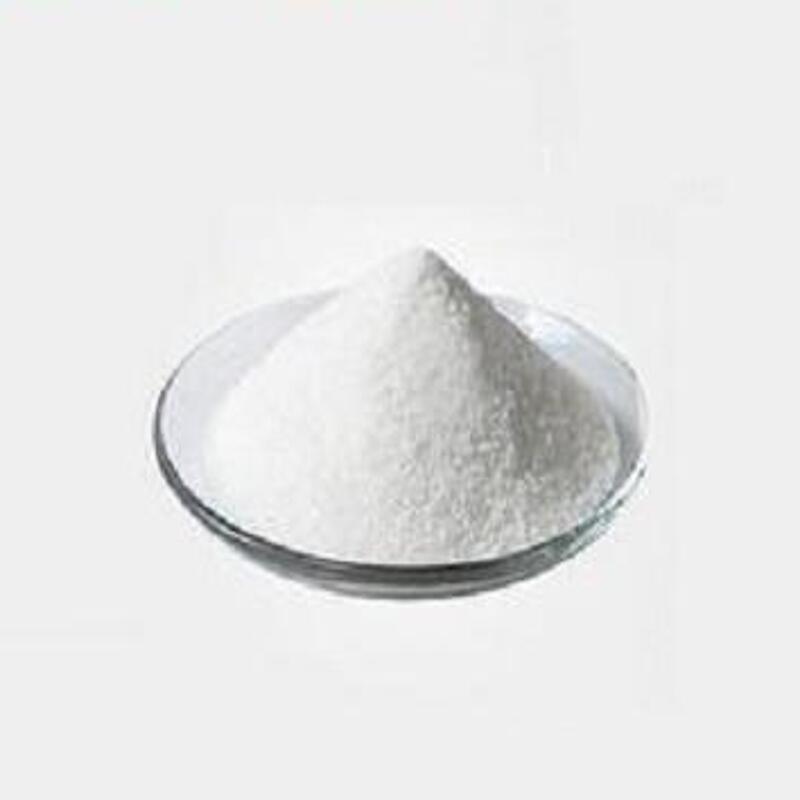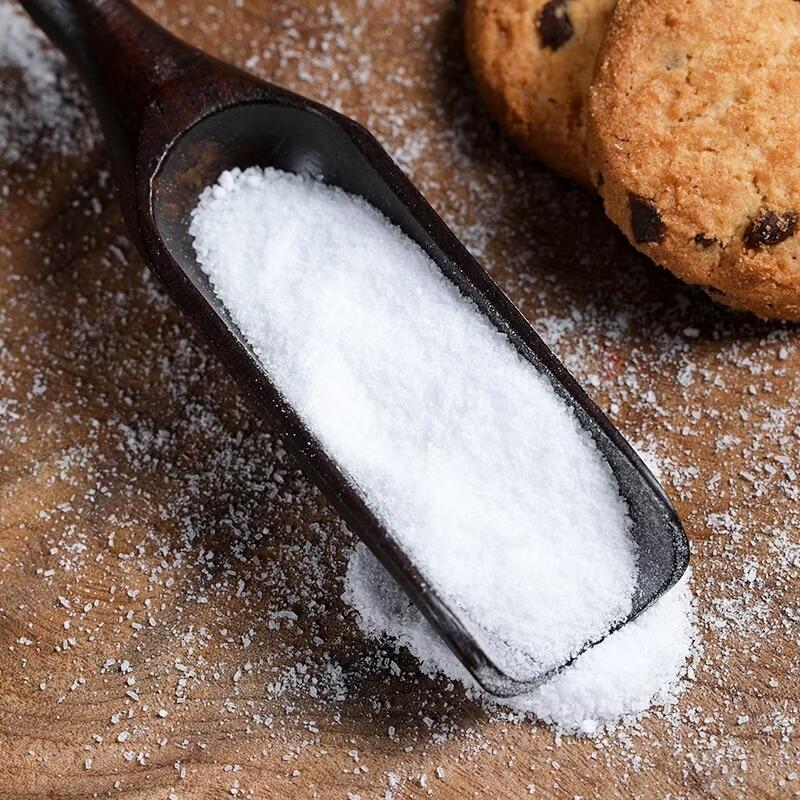-
Categories
-
Pharmaceutical Intermediates
-
Active Pharmaceutical Ingredients
-
Food Additives
- Industrial Coatings
- Agrochemicals
- Dyes and Pigments
- Surfactant
- Flavors and Fragrances
- Chemical Reagents
- Catalyst and Auxiliary
- Natural Products
- Inorganic Chemistry
-
Organic Chemistry
-
Biochemical Engineering
- Analytical Chemistry
-
Cosmetic Ingredient
- Water Treatment Chemical
-
Pharmaceutical Intermediates
Promotion
ECHEMI Mall
Wholesale
Weekly Price
Exhibition
News
-
Trade Service
nic acid) in citrus -based fruit in MRLs
.
According to Chapter 6 of European Regulation (EC) No 396/2005, BASF SE submitted the amendment application
.
After evaluation, the EU Food Safety Agency concluded that, based on reported agricultural practices, short-term and long-term intake of residues resulting from the use of potassium phosphonate is unlikely to pose a health risk to consumers
.
Some of the original reports are as follows:
.
After evaluation, the EU Food Safety Agency concluded that, based on reported agricultural practices, short-term and long-term intake of residues resulting from the use of potassium phosphonate is unlikely to pose a health risk to consumers
.
Some of the original reports are as follows:
In accordance with Article 6 of Regulation (EC) No 396/2005, the applicant BASF SE submitted a request to the competent national authority in the Netherlands to modify the existing maximum residue levels (MRLs) for fosetyl/phosphonic acid (fosetyl-Al (sum of fosetyl, phosphonic acid and their salts, expressed as fosetyl)) in chards/beet leaves and honey.
The data submitted in support of the request were found to be sufficient to derive MRL proposals for the commodities under assessment.
Adequate analytical methods for enforcement are available to control the residues of fosetyl and phosphonic acid in chards/beet leaves and honey.
based on the risk assessment results, EFSA concluded that the short-term and long-term intake of phosphonic acid residues resulting in chard/beet leaves and honey from the use of potassium phosphonates according to the reported agricultural practice is unlikely to present a risk to consumer health.
The data submitted in support of the request were found to be sufficient to derive MRL proposals for the commodities under assessment.
Adequate analytical methods for enforcement are available to control the residues of fosetyl and phosphonic acid in chards/beet leaves and honey.
based on the risk assessment results, EFSA concluded that the short-term and long-term intake of phosphonic acid residues resulting in chard/beet leaves and honey from the use of potassium phosphonates according to the reported agricultural practice is unlikely to present a risk to consumer health.
This article is edited by Foodmate.
com Food Information Center for reference by netizens.
If you have any questions, please contact news@foodmate.
net
.
com Food Information Center for reference by netizens.
If you have any questions, please contact news@foodmate.
net
.







